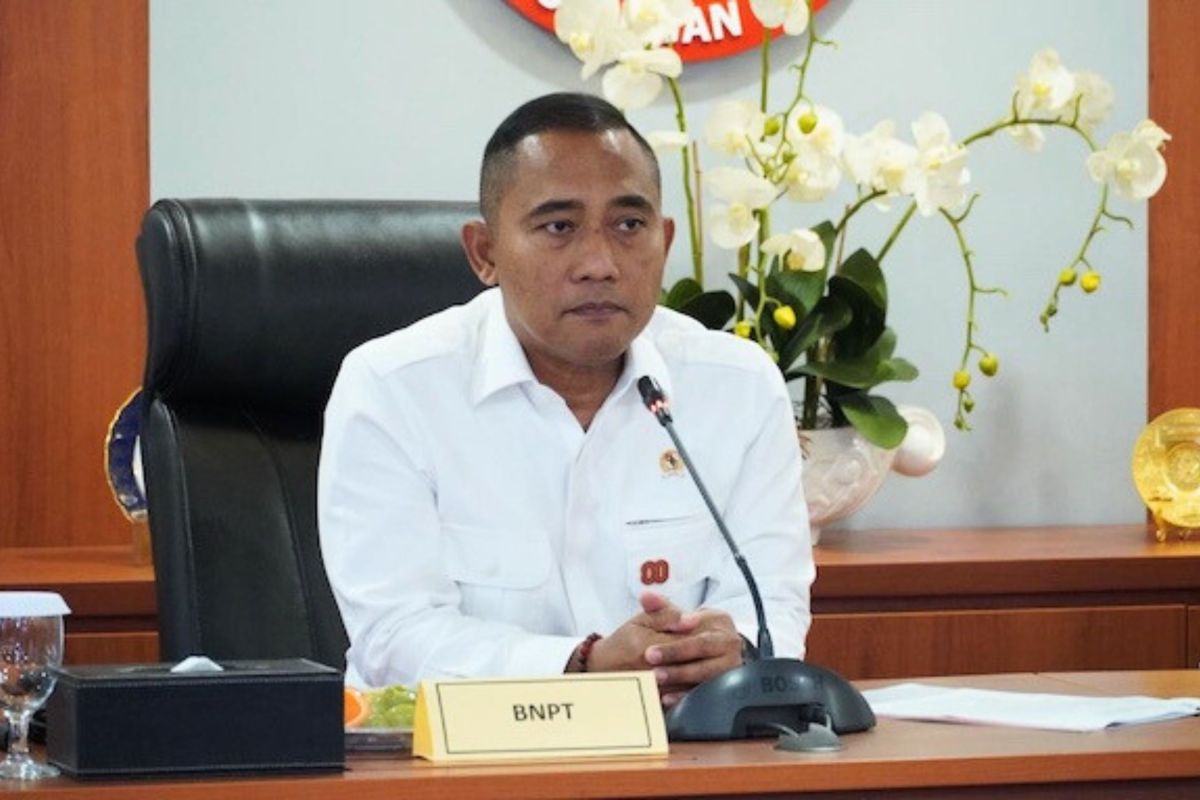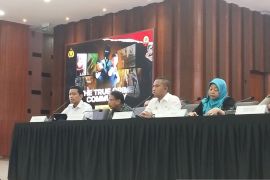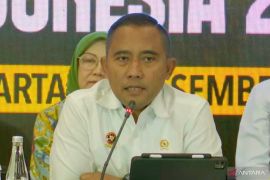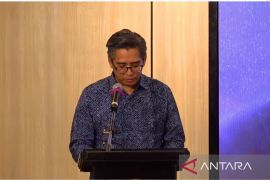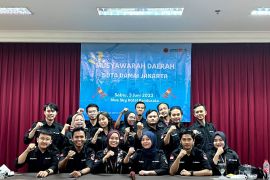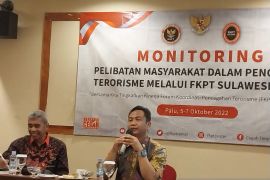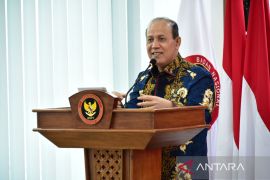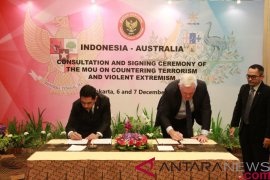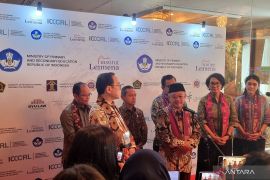The head of BNPT, Commissioner General Eddy Hartono, in a statement on Wednesday, said this phenomenon is increasingly worrying, with children and teenagers as targets, the most vulnerable age group exposed to extreme ideology.
"At least 13 children in Indonesia have connected through the online game Roblox, which then became a gateway for a network of terrorist affiliates," he conveyed during a meeting discussing efforts to prevent radicalization in cyberspace on Tuesday (September 30).
He explained that interactions on the online game have moved to messaging applications such as Telegram and WhatsApp, followed by an indoctrination process.
He believes this represents a new recruitment pattern, where children are no longer only targets of propaganda on social media, but also in online games, posing a major challenge for all parties.
Hartono explained that a similar pattern happens in other countries. In 2024, a 16-year-old in Singapore was arrested for creating a simulation of an Afghan military zone on Roblox.
In the United States and Germany, he continued, online games are also being used to promote hate speech, including Nazi narratives, to oppose the government and authorities.
According to him, this pattern aligns with the United Nations' (UN) warning on the threat of global terrorism that is becoming more adaptive.
"Although the influence of Al-Qaeda and ISIS in Southeast Asia has declined, local factors such as social injustice and political issues still trigger the vulnerability to radicalization," he addressed.
Therefore, his party is pushing for coordination across ministries/agencies to strengthen digital literacy, increase cyberspace surveillance, and provide protection for children and teenagers.
On the same occasion, the Director of Identification and Socialization of the National Police's Anti-Terror Squad, Brigadier General Arif Makhfudiharto, supported the initiative to strengthen synergy between ministries and institutions in addressing the threat of radicalization in cyberspace.
He mentioned that the threat of radicalization in cyberspace has become a global issue.
Makhfudiharto also acknowledged a significant shift in recruitment patterns, the spread of ideology, and the stages of terrorist acts.
He noted that this transformation is clearly evident in the behavior of terrorist perpetrators.
While recruitment previously began face-to-face, it has now shifted to an online process, facilitated by the spread of ideology, pledge of allegiance, training, and execution.
He added that even the pledge of allegiance and preparatory training (idad) have moved to the digital space. This situation is considered extremely dangerous since it targets vulnerable groups, especially children and teenagers.
Related news: BNPT records 6,402 radicalism and terrorism contents by August
Related news: BNPT, ANTARA collaborate on counter-radicalization efforts
Related news: Indonesia's BNPT pushes for tech upgrade to ight online extremism
Translator: Resinta Sulistiyandari
Editor: Azis Kurmala
Copyright © ANTARA 2025
